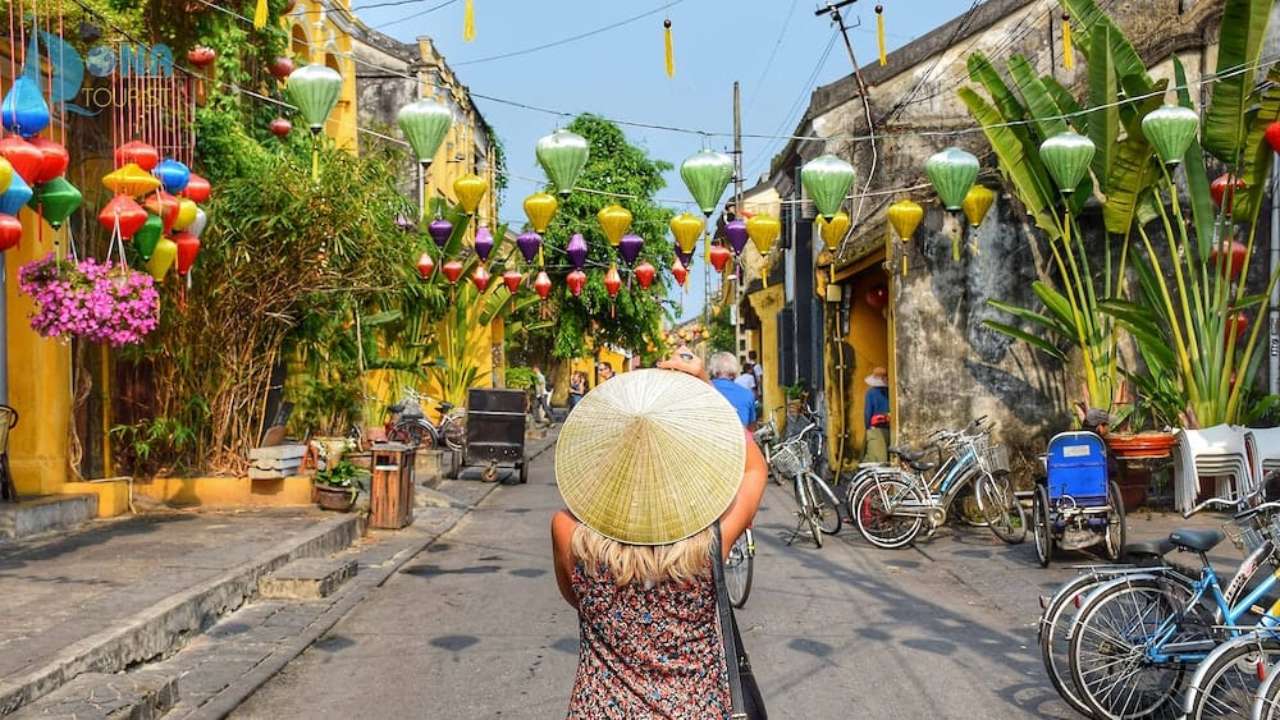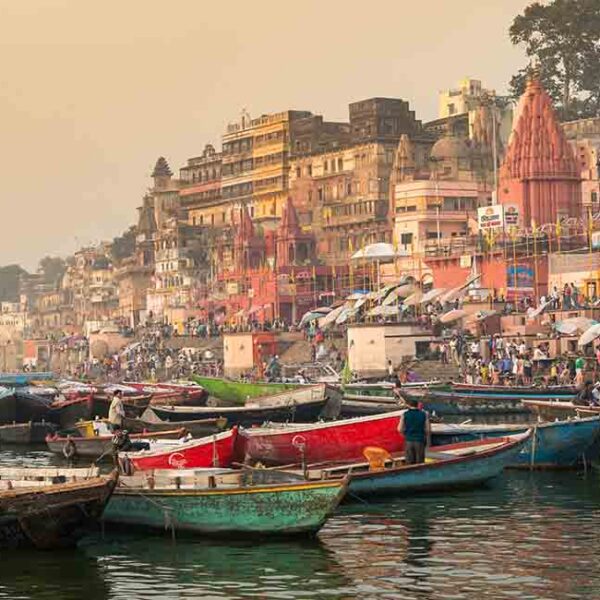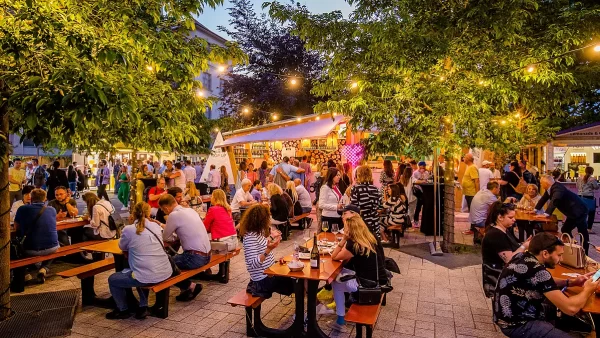Table of Contents
Understanding Sustainable Holidays
Sustainable holidays are an increasingly popular choice for conscientious travelers who want to minimize their environmental impact and support local communities. This type of travel focuses on reducing carbon footprints, supporting eco-friendly businesses, and engaging in responsible tourism practices. Understanding the principles of sustainable holidays is essential for anyone looking to make a positive difference while exploring the world.
Sustainable holidays encompass a range of practices and choices that aim to minimize the negative impact of travel on the environment and local communities. This includes reducing carbon emissions, supporting local economies, and respecting the cultural and natural heritage of the destinations visited. Click here to find out more.
By choosing sustainable holidays, travelers can contribute to the preservation of the planet while also having meaningful and authentic experiences.
In addition to the environmental benefits, sustainable holidays can also lead to more enriching and authentic travel experiences. By engaging with local communities and supporting small-scale, eco-friendly businesses, travelers can gain deeper insights into the places they visit and create positive social and economic impacts.
Why Sustainable Holidays Matter

Sustainable holidays matter for several compelling reasons. Firstly, the environmental impact of traditional tourism can be significant, leading to deforestation, pollution, and habitat destruction. By choosing sustainable travel options, individuals can help to reduce these negative effects and preserve natural ecosystems for future generations.
Secondly, sustainable holidays play a crucial role in supporting local communities and economies. By staying in locally-owned accommodations, eating at family-run restaurants, and purchasing goods from local artisans, travelers can directly contribute to the economic well-being of the places they visit. This can help to create jobs, preserve cultural traditions, and empower local residents.
Finally, sustainable holidays can lead to more meaningful and fulfilling travel experiences. By immersing oneself in local cultures, interacting with community members, and experiencing the natural beauty of a destination in a responsible manner, travelers can create lasting memories and connections while leaving a positive impact.
Sustainable Transportation Options

When it comes to planning a sustainable holiday, transportation choices play a significant role in reducing environmental impact. Opting for eco-friendly transportation options can help to minimize carbon emissions and contribute to a more sustainable travel experience. Some sustainable transportation options to consider include:
- Public Transport: Utilising public transportation, such as buses, trains, and trams, can significantly reduce the carbon footprint of travel. Many destinations offer efficient and affordable public transport networks that provide an eco-friendly alternative to private vehicles.
- Cycling and Walking: Exploring a destination on foot or by bicycle not only reduces carbon emissions but also allows travelers to connect more closely with the local environment and culture. Many cities and towns are designed to be pedestrian and cyclist-friendly, making this a practical and sustainable option for getting around.
- Car Sharing and Carpooling: For travelers who need to use a car, car sharing and carpooling services can help to reduce the number of vehicles on the road and decrease individual carbon footprints. Sharing rides with other travelers or utilizing car-sharing platforms can make transportation more sustainable.
Eco-Friendly Accommodation Choices

Selecting eco-friendly accommodation is a crucial aspect of planning a sustainable holiday. By choosing environmentally responsible lodging options, travelers can support businesses that are committed to reducing their impact on the planet and promoting sustainable practices. Some eco-friendly accommodation choices to consider include:
- Eco-Friendly Hotels and Resorts: Many hotels and resorts now prioritize sustainability by implementing energy-efficient systems, reducing water consumption, and supporting local conservation initiatives. Look for accommodations that have obtained eco-certifications or are members of sustainable tourism organizations.
- Eco-Lodges and Homestays: Staying in eco-lodges or homestays can provide a more authentic and sustainable travel experience. These accommodations are often locally owned and operated, offering guests the opportunity to connect with the local community and support grassroots tourism initiatives.
- Camping and Glamping: For nature enthusiasts, camping and glamping (glamorous camping) can be an eco-friendly and immersive way to experience the outdoors. Many camping facilities and glamping sites are designed with sustainability in mind, minimizing their environmental impact while providing unique and memorable stays.
Packing Tips for Sustainable Travel
Packing mindfully is an essential part of planning a sustainable holiday. By considering the environmental impact of their packing choices, travelers can minimize waste, reduce energy consumption, and support sustainable practices. Some packing tips for sustainable travel include:
- Reusable and Eco-Friendly Essentials: Opt for reusable water bottles, utensils, and shopping bags to minimize single-use plastic waste. Choose eco-friendly toiletries and cosmetics that are free from harmful chemicals and come in sustainable packaging.
- Lightweight and Versatile Clothing: Pack clothing items that are versatile, durable, and suitable for multiple uses. Choosing lightweight and quick-drying fabrics can reduce the need for excessive luggage and energy-intensive laundry practices.
- Minimalist Approach: Embrace a minimalist approach to packing by prioritizing essential items and avoiding overpacking. This not only reduces the environmental impact of travel but also makes for a more streamlined and hassle-free experience.
Responsible Tourism Practices

Engaging in responsible tourism practices is a fundamental aspect of planning and enjoying sustainable holidays. By respecting local cultures, supporting ethical businesses, and minimizing negative impacts, travelers can contribute to the preservation of destinations and create positive experiences for themselves and others. Some responsible tourism practices to incorporate into sustainable holidays include:
- Respect Local Customs and Traditions: Take the time to learn about the customs, traditions, and etiquette of the destinations you visit. Respect local dress codes, social norms, and cultural practices to show appreciation for the communities you encounter.
- Support Local Economies: Prioritise spending money at locally-owned businesses, such as restaurants, shops, and tour operators. This direct investment in the local economy can help to preserve cultural heritage and create sustainable livelihoods for residents.
- Minimise Environmental Impact: Be mindful of your environmental impact by conserving water, reducing energy consumption, and minimizing waste. Follow designated trails, avoid single-use plastics, and support conservation efforts to protect natural landscapes and wildlife.
Conclusion
In conclusion, planning sustainable holidays is an opportunity for travelers to make a positive impact on the environment and local communities while enjoying meaningful and enriching experiences. By understanding the principles of sustainable travel, choosing eco-friendly transportation and accommodation options, packing mindfully, and engaging in responsible tourism practices, individuals can contribute to a more sustainable and responsible tourism industry. Embracing sustainable holidays not only benefits the destinations visited but also leads to more authentic, fulfilling, and environmentally conscious travel experiences.
















There are 3 comments
This is great! Thanks for sharing!
This is great, I’ve written a little bit about responsible tourism on my site for a climate change collective I am part of, it’s so important to be sustainable in as many aspects of our life as possible—including travel. Great information!